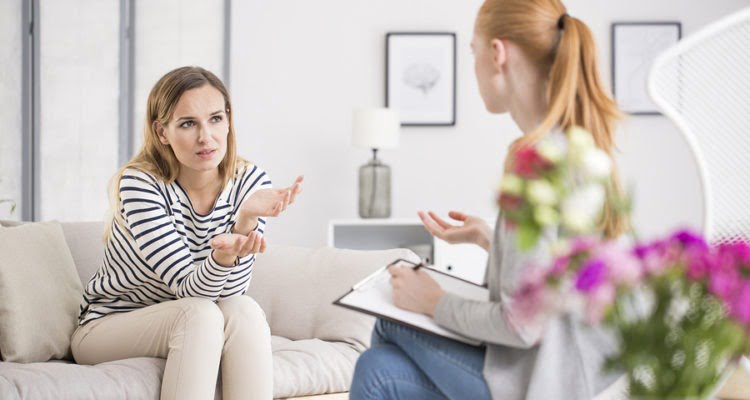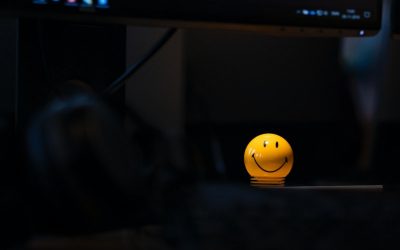The most effective treatment for generalised anxiety disorder is one that combines a range of interventions. In this sense, it is more beneficial to combine psychotherapy with pharmacotherapy and set up supportive structures for the person.
During anxiety counselling, our psychologists specialising in anxiety counselling Brisbane, serve as a support system, as well as an ally in problem solving – identifying any external situations that may be direct causes for the feelings of anxiety and assisting the client to make relevant and appropriate changes.
We find most clients will experience a lessening of anxiety when given the chance to discuss their concerns and experiences with someone who can listen empathically and hear their story.
The main psychotherapeutic treatment for generalised anxiety disorder is cognitive behaviour therapy (CBT). CBT is a model of therapy that looks at the interaction between people’s thoughts, feelings and behaviours.
As such, therapy highlights the ways in which the client’s irrational thoughts and beliefs are contributing to their anxious emotional state and resulting in symptomatic behaviour. Challenging these irrational thoughts and replacing them with more helpful and rational beliefs assists the client in managing their anxiety and worry.
After a few sessions of anxiety counselling, most clients begin to feel a sense of control over their emotions and their lives. They will experience far less general anxiousness and will feel better equipped to manage their anxiety, if they should experience it.
Remember, that anxiety in and of itself is a normal and healthy emotion to feel. The aim is to feel this emotion in appropriate circumstances and to be able to manage it effectively.
Therapy and counselling will leave the client with the ways and means to cope effectively and to be able to see when the anxiety response is irrational and when it is not. In many cases, clients have a more positive view of life in general and are better able to manage their daily tasks and relationships.
They become more assertive and more self-assured, with a confidence in their ability to manage their emotions and their behaviour.
6 Steps to Manage Anxiety Yourself
Anxiety, whether it be generalised anxiety, panic attacks or phobias, is normally treated with anxiety counselling or in psychotherapy where your therapist helps you to understand what is happening to you and your body and assists you to becoming more aware of the thoughts and beliefs that may have resulted in the condition.
While it is preferable to seek assistance from a professional like a psychologist, there are also many things that you can do to manage your anxiety apprehension and stress.
No drugs or alcohol: First things first, try not to use alcohol or drugs to cope with the anxiety as these only cause more damage than good.
No coffee: Try to stay away from stimulants such as caffeine in soft drinks, coffee and tea as they only exacerbate the physical symptoms of anxiety.
Find some time to exercise: Prioritise some exercise every day. Not only is it generally healthy to get moving, but it also helps to spend some of that nervous energy caused by adrenaline surges. You will find that regular exercise also does wonders for your sleep, if you are struggling.
Find ways to relax: A good relaxation cd or meditation cd will guide you through the process if you struggle to do so alone. Keep a quick relaxation technique in mind, like deep breathing and visualising a “safe place” that you can use when you begin to feel overwhelmed.
Develop positive self-talk strategies: Often our anxiety is made worse by the negative things we tell ourselves. Learning to identify these negative thoughts and replacing them with positive ones goes a long way in terms of helping you cope. When you catch yourself being negative ask yourself “is this really true? What evidence to I have for thinking or believing this?”, “how does worrying about this help me?” “Is there a more positive way of looking at this?” These challenges may help to get you thinking in a more positive and constructive way that can help to alleviate some of the anxiety you are feeling.
Be practical: employ some standard problem-solving techniques by writing a list of all the things you need to do and checking them off one by one. Procrastination is a common defence against feeling anxious, but only makes things worse. Make sure that you tackle your tasks one by one and, in doing so, you will feel less stressed about all you have to do and gain a sense of achievement too.
Even armed with these 6 tips, there may still be times where anxiety can be overwhelming. Our Brisbane psychology team members who specialise in anxiety are ready to help. So call us today on (07) 3211 1117 or contact us online.



